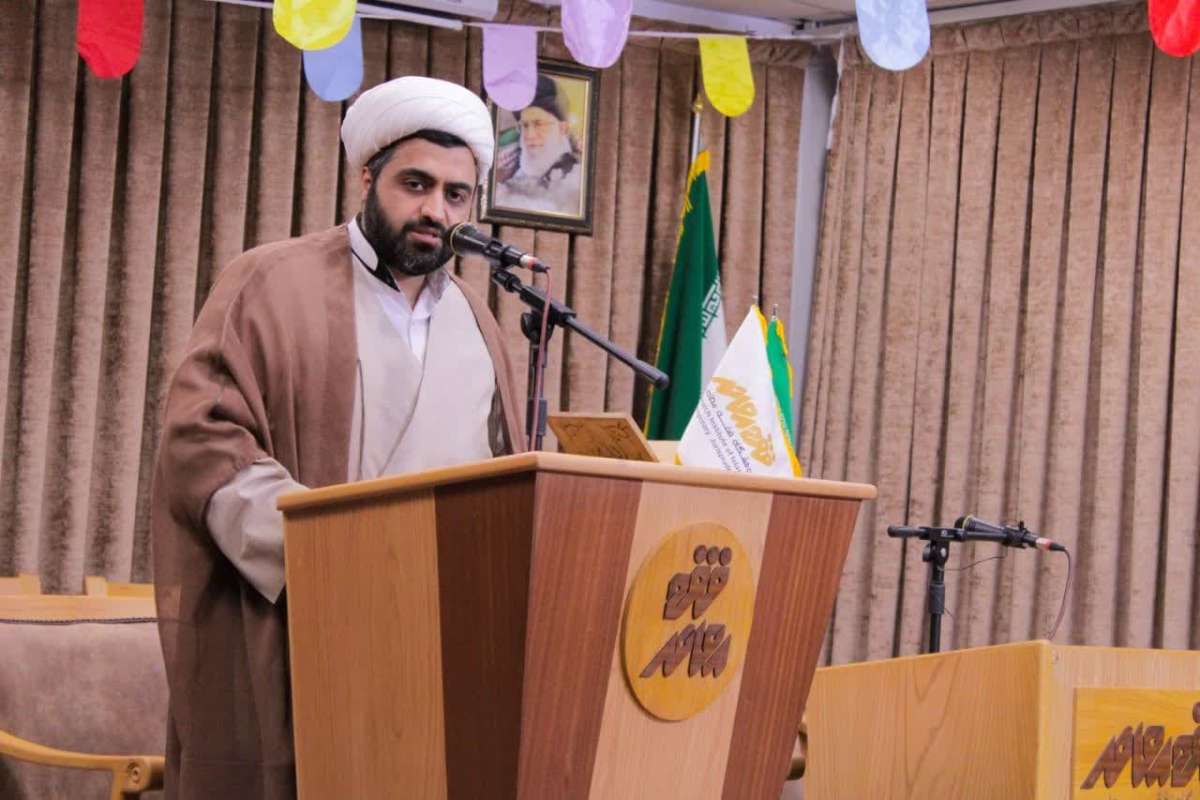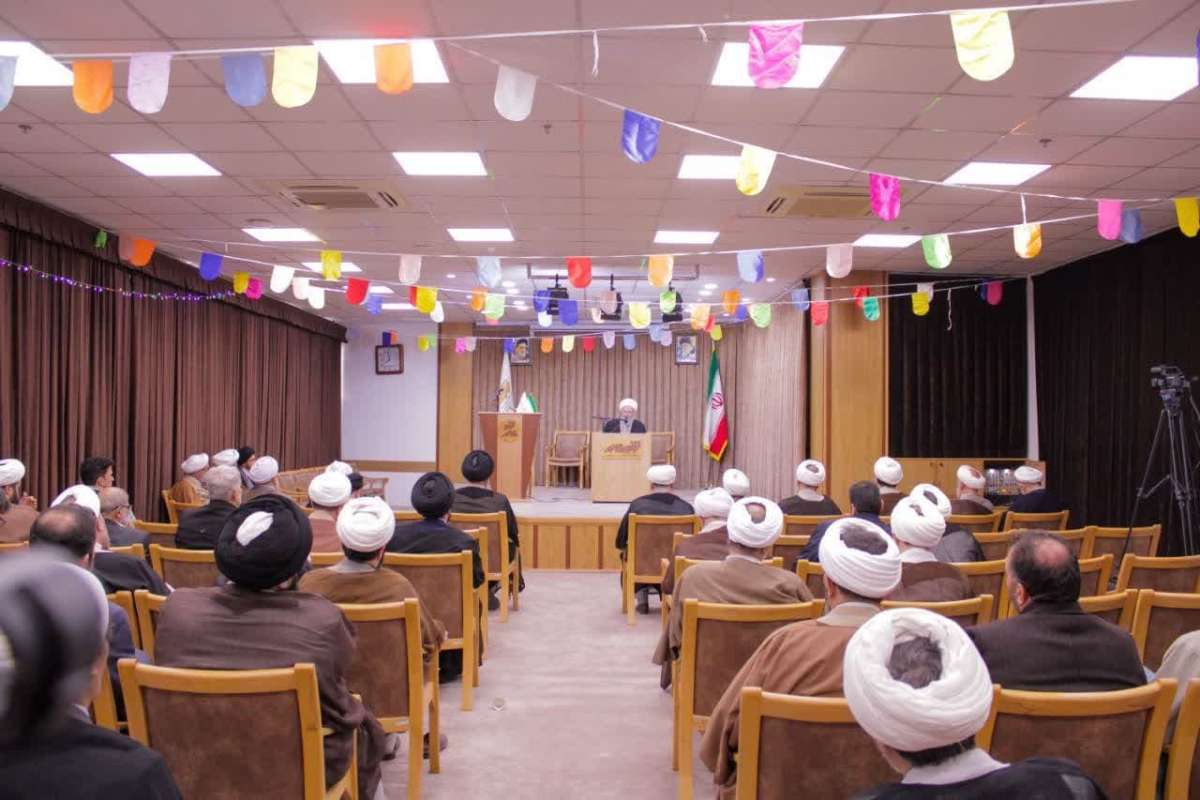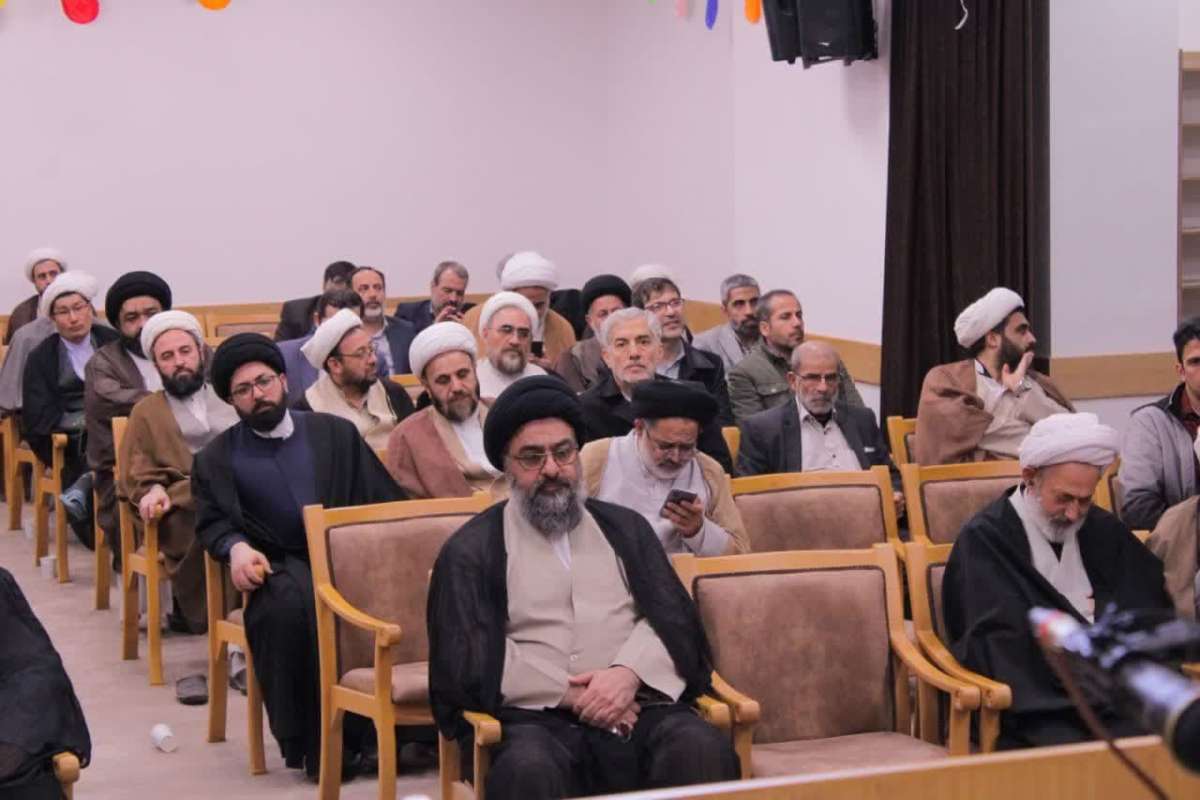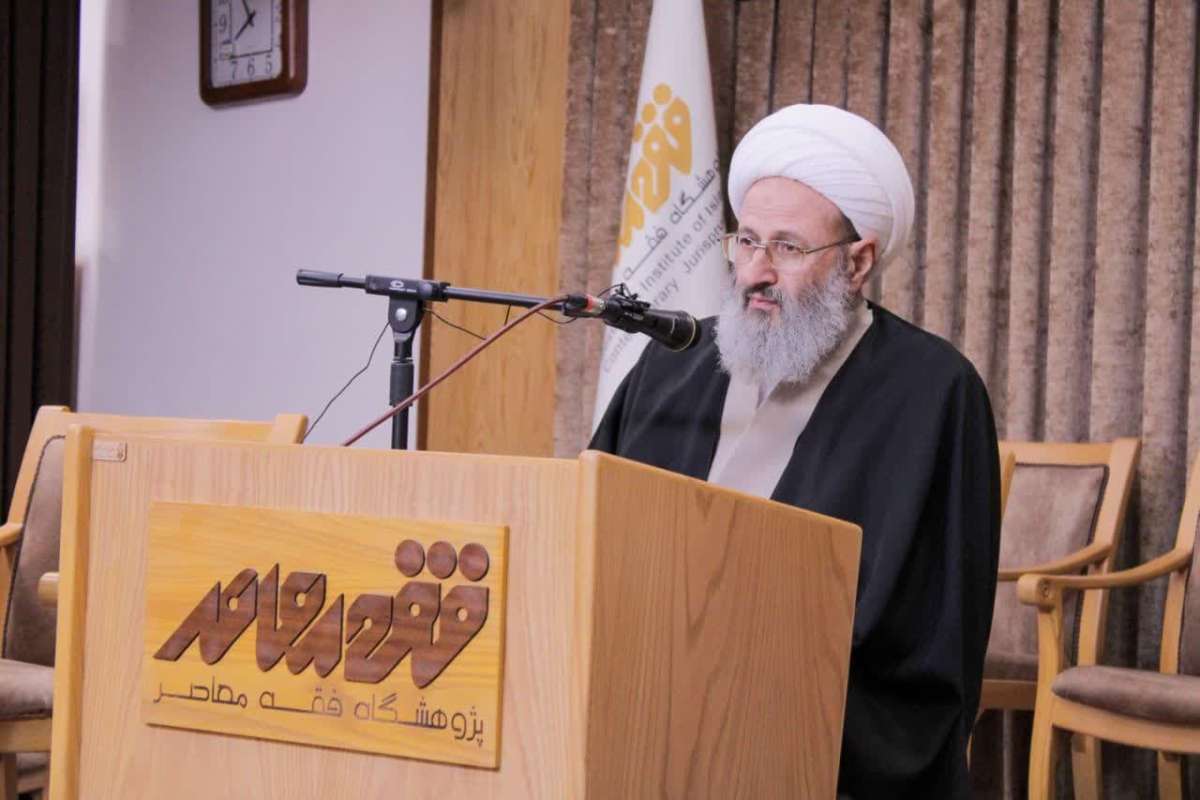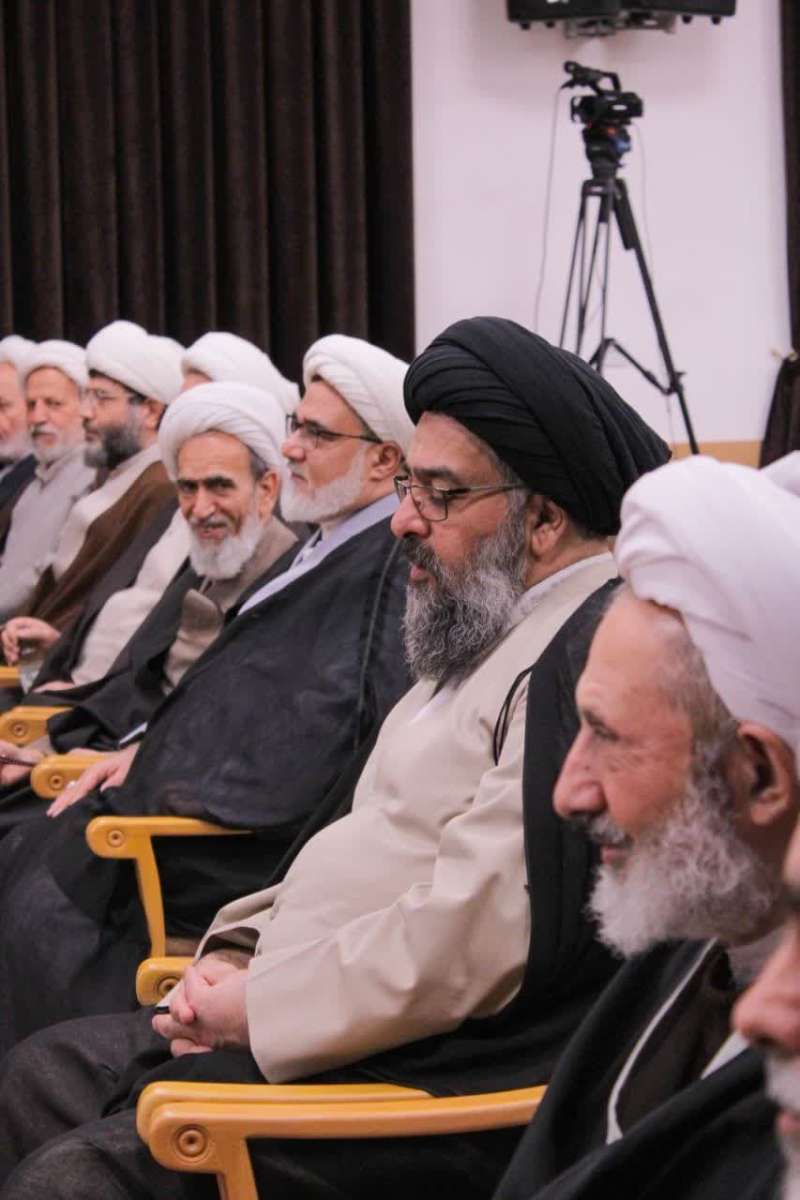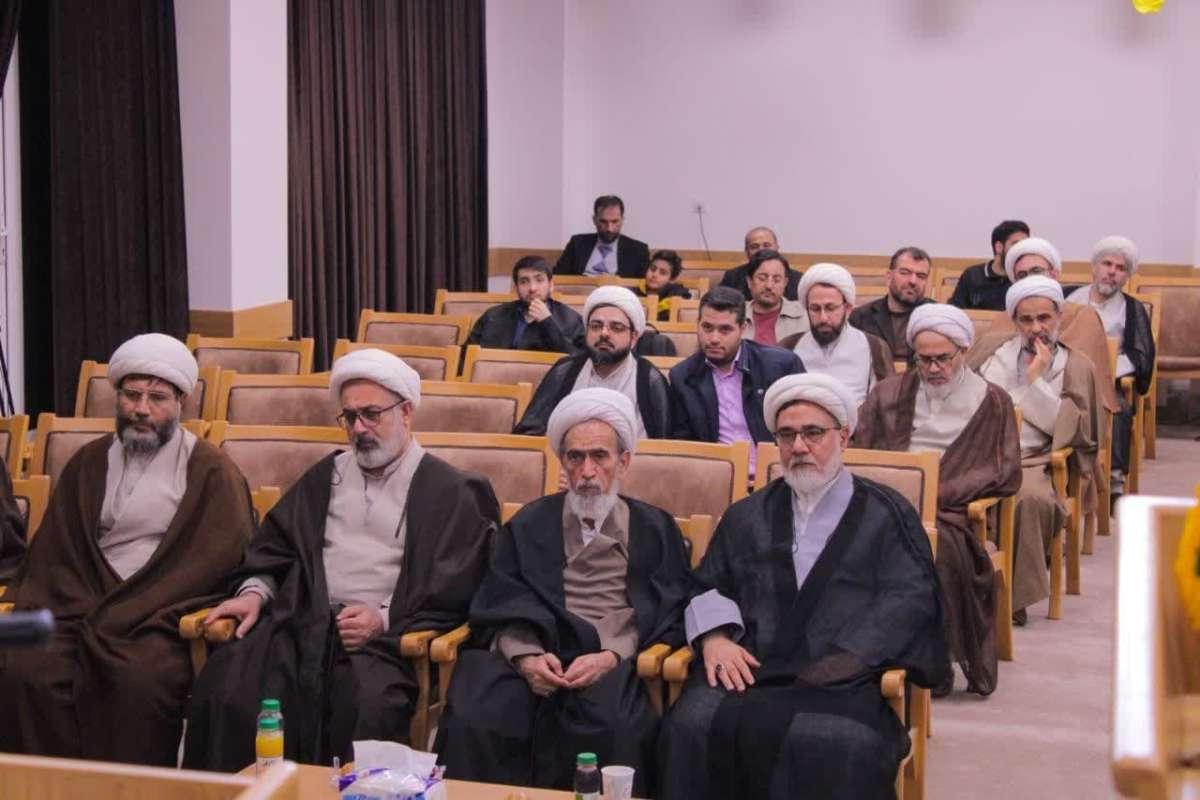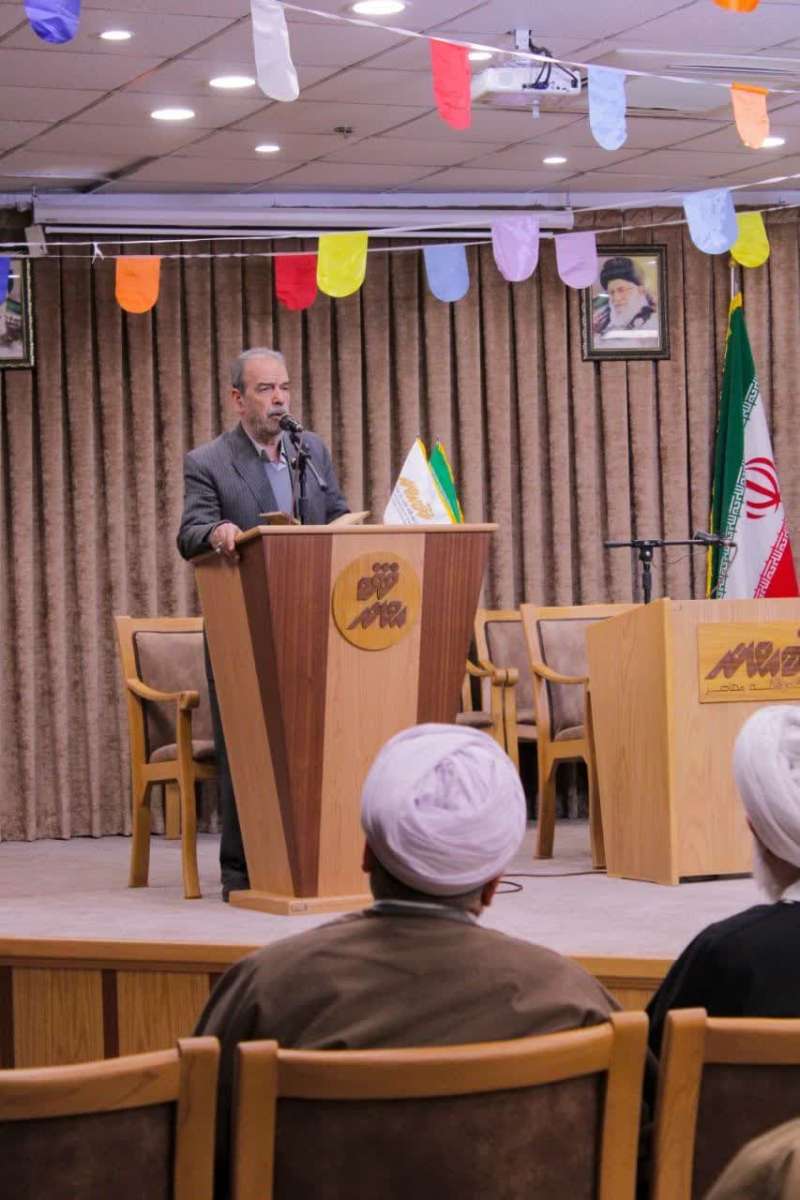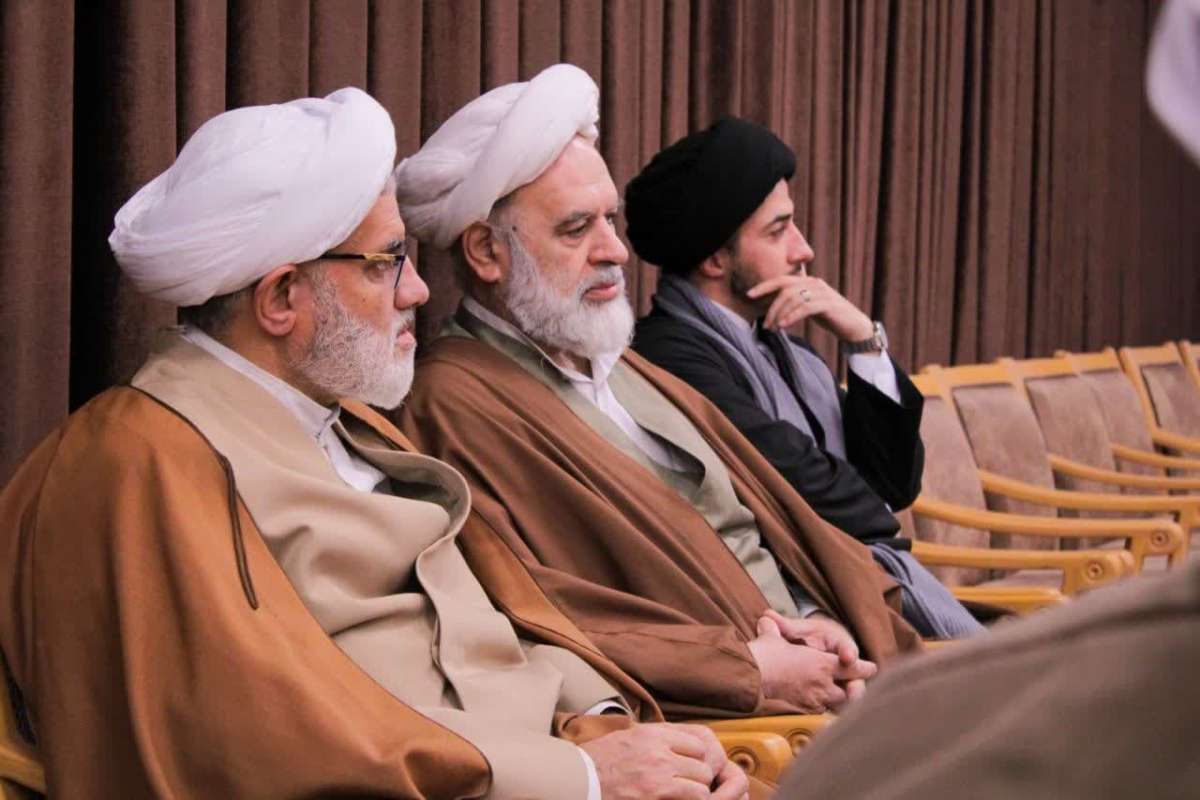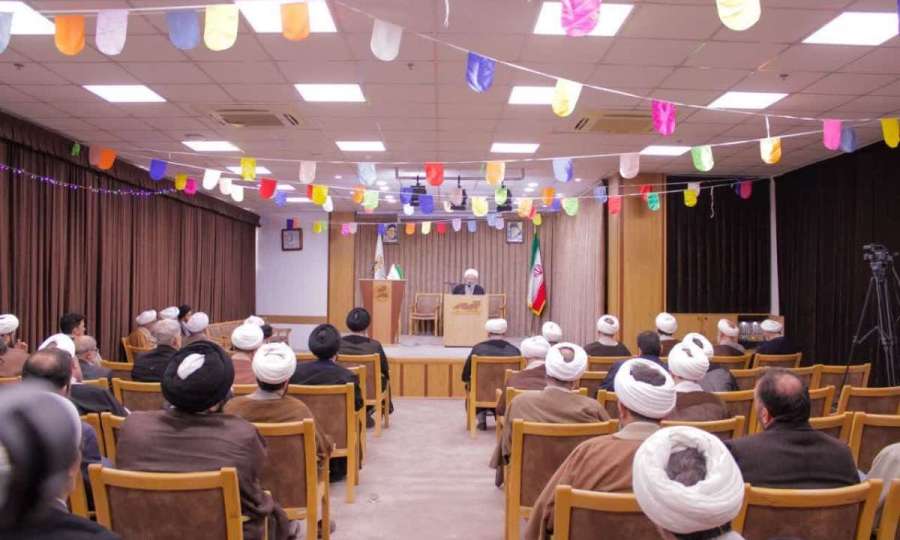Ayatullah Muhsen Faqihi said at the celebration of the half of Sha’ban of the Research Institute of Contemporary Jurisprudence: According to the rule we have in jurisprudence and it is also in the rule of reason, and all the intellectuals of the world agree, we should participate in this election and hope that the situation will improve. Some may suspect that there are worse people who are governed by the anti-corruption law. Those who have problems for any reason should say that we have bad and worse and as a result we choose the bad, not the worse.
In this meeting, a member of the Qum seminary community of teachers, referring to the arrival of the birth anniversary of Al-Imam al-Mahdi (‘a), said: One of the topics that is discussed in relation to Imam al-Zaman (‘a) is the many traditions that are mentioned in relation to waiting for him. It is said in a narration that “the best jihad of the nation is waiting for al-Faraj.” War, front and martyrdom have all these positions, but above those positions is the position of waiting for Faraj. What does this mean? How can it be that martyrdom in the way of God and Jihad in the cause of God and all these discussions about Jihad, but the expectation of Faraj is higher than that.
He said: “We should be more careful and pay attention to what it means to wait for Faraj.” The waiting person feels that something should happen. This current situation is not perfect and has defects. This dissatisfaction with the status quo is important. We may be the best compared to many places, but we are not perfect because we are waiting. The meaning of waiting is that we want to become more complete and better, our current situation has some defects and problems and these problems must be solved. Therefore, the first point is that we should not be satisfied with our current situation. We should always try to make tomorrow better than today. This is one of the characteristics of someone who waits.
Ayatullah Faqihi said: The one who says that the situation is very good and we have no problems, it means that he has no more expectations and has reached his goal. While one is waiting for someone who does not have this feeling and says that we can evolve. Even the evolution for the Prophet (s) can be visualized. Why does the Prophet (s) say dhikr, pray and do good deeds? Because perfection is infinite. We should all seek perfection and not be satisfied with any perfection.
The high professor of Qum Seminary addressed the second point about waiting for Faraj and said: We should be hopeful and not despair. The meaning of expectation is that we are not hopeless, we hope, we take steps, we try. Now, how close we are to the destination, it depends on God’s effort, ability, and will, all of these must be added together so that we can take steps. So the people who are desperate are not those who are waiting.
Ayatullah Faqihi stated: Unfortunately, some people speak of despair in their speeches and words and make people despair. The real waiters are those who never give up. If the minister or representative is bad, he will get better. We have to find something better than them, we have to make a move to find the best one, God willing. why don’t you come to search for your future term and find a good representative and tell him to run and serve this country.
A member of the Qum seminary community of teachers expressed the third characteristic of a real waiter and said: The third point for someone who is waiting is to try to change from the current situation to the desired situation. You have a desire, you must try to improve this existing situation. Iz it impossible no. Nothing is impossible. If we become good people, the officials of the country become good people, the situation will be good. If the officials get worse day by day, the situation will get worse. The waiting man must hope and the waiting man must try to bring the current situation to the desired state.
At the beginning of this ceremony, Hujjat al-Islam Mustafa Durri, the Vice-Chancellor of the Research Institute of Contemporary Jurisprudence, presented a report on the programs of this institute and said: “We have established 10 research groups.” The result of the research institute’s efforts is more than forty book volumes, some of which have been published and some are about to be published. The scientific meetings of the research institute and meetings with a fixed theme such as “Method Sundays” have attracted the attention of the scientific community of the country.
He added: The Encyclopaedia of Contemporary Jurisprudence is one of the other activities that is currently referred to by various researchers as a specialized scientific resource in the field of contemporary jurisprudence. Besides that, the physical and virtual library has been able to provide good scientific services to researchers in this field.
Hujjat al-Islam Durri pointed to the international department of the Research Institute of Contemporary Jurisprudence and said: In the first year of its activities, this department has prepared the field for scientific activities in Persian and English, and besides creating the Arabic and English sections of the website of the institute, it has also held several meetings. It will hold several international meetings for the next year.
It should be mentioned that a group of faculty members and researchers of the Research Institute of Contemporary Jurisprudence were present in this ceremony.
